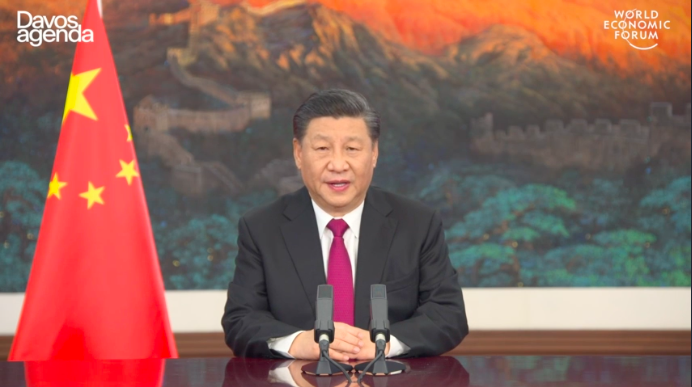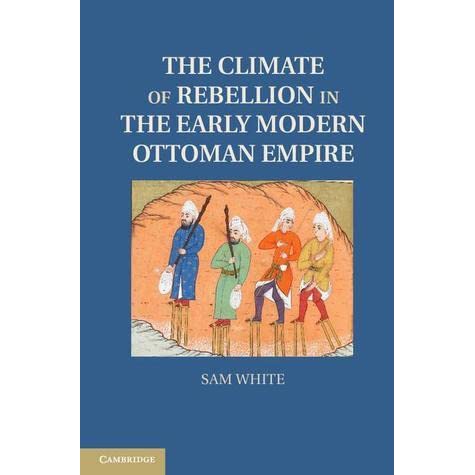around 2:30pm today. Basically the same time or a whisker before the Commonwealth CMO fronted the microphone. After VIC and SA (and earlier, QLD and WA) made their announcements. He misleads at best, conflating Northern Beaches restrictions with the rest of Sydney. Also tROoPs.
Morrison\u2019s on Instagram today, talking drivel... pic.twitter.com/IPLucNKxmD
— \u258c\u2502\u2588\u2551\u258c\u2551\u258c\u2551 (@AnodyneParadigm) December 20, 2020
More from World
Good question: what proofs has BDA provided of his authenticity?
Let's go through some of them.
- BDA predicted the Saudis would assassinate Suleimani. They did.
- He said the dog that got Badghadi's arm deserved a Medal Of Honor. The next day the President posted a joke image showing him giving the dog a MoH.
- He said one of his ops in Syria would severely disrupt a CIA drug trafficking operation. This was proved true within a few days:
https://t.co/Hranupwcxj
- He sent gold to Brazil to help pay for an anti-trafficking operation there. That op became public soon afterwards.
- On May 31 this year, he predicted the President would be giving a speech the next day. June 1, the President gives a surprise address at the Rose Garden.
- He predicted the US would be making diplomatic moves on Greenland. True.
- He said the US would be pulling all troops out of Afghanistan. This was confirmed within the month.
- He claimed earthquakes would be hitting Iran's nuclear facilities in December. Yep.
- There were FOUR facilities hit, not the three made public. Also true.
Let's go through some of them.
Do you really believe this? And you believe BDA is a time traveler too? You say BDA has accurately predicted things. Please point me to the proof. I have not seen any proof so far.
— I am Justice. God's Kingdom is coming. Wake up. (@GlynAlyn) October 13, 2020
- BDA predicted the Saudis would assassinate Suleimani. They did.
- He said the dog that got Badghadi's arm deserved a Medal Of Honor. The next day the President posted a joke image showing him giving the dog a MoH.
- He said one of his ops in Syria would severely disrupt a CIA drug trafficking operation. This was proved true within a few days:
https://t.co/Hranupwcxj
- He sent gold to Brazil to help pay for an anti-trafficking operation there. That op became public soon afterwards.
- On May 31 this year, he predicted the President would be giving a speech the next day. June 1, the President gives a surprise address at the Rose Garden.
- He predicted the US would be making diplomatic moves on Greenland. True.
- He said the US would be pulling all troops out of Afghanistan. This was confirmed within the month.
- He claimed earthquakes would be hitting Iran's nuclear facilities in December. Yep.
- There were FOUR facilities hit, not the three made public. Also true.
You May Also Like
Great article from @AsheSchow. I lived thru the 'Satanic Panic' of the 1980's/early 1990's asking myself "Has eveyrbody lost their GODDAMN MINDS?!"
The 3 big things that made the 1980's/early 1990's surreal for me.
1) Satanic Panic - satanism in the day cares ahhhh!
2) "Repressed memory" syndrome
3) Facilitated Communication [FC]
All 3 led to massive abuse.
"Therapists" -and I use the term to describe these quacks loosely - would hypnotize people & convince they they were 'reliving' past memories of Mom & Dad killing babies in Satanic rituals in the basement while they were growing up.
Other 'therapists' would badger kids until they invented stories about watching alligators eat babies dropped into a lake from a hot air balloon. Kids would deny anything happened for hours until the therapist 'broke through' and 'found' the 'truth'.
FC was a movement that started with the claim severely handicapped individuals were able to 'type' legible sentences & communicate if a 'helper' guided their hands over a keyboard.
For three years I have wanted to write an article on moral panics. I have collected anecdotes and similarities between today\u2019s moral panic and those of the past - particularly the Satanic Panic of the 80s.
— Ashe Schow (@AsheSchow) September 29, 2018
This is my finished product: https://t.co/otcM1uuUDk
The 3 big things that made the 1980's/early 1990's surreal for me.
1) Satanic Panic - satanism in the day cares ahhhh!
2) "Repressed memory" syndrome
3) Facilitated Communication [FC]
All 3 led to massive abuse.
"Therapists" -and I use the term to describe these quacks loosely - would hypnotize people & convince they they were 'reliving' past memories of Mom & Dad killing babies in Satanic rituals in the basement while they were growing up.
Other 'therapists' would badger kids until they invented stories about watching alligators eat babies dropped into a lake from a hot air balloon. Kids would deny anything happened for hours until the therapist 'broke through' and 'found' the 'truth'.
FC was a movement that started with the claim severely handicapped individuals were able to 'type' legible sentences & communicate if a 'helper' guided their hands over a keyboard.



























